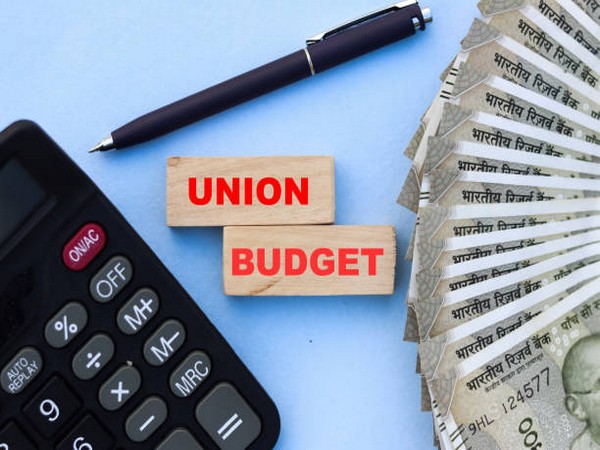Unshackling the nation’s economy from the global turmoil of the last four years, the finance minister, rightfully, has earned her budget headlines this year. Giving the middle class the thrust it was eyeing, the Modi Government has also found vindication for its long-term policies, introduced since the Prime Minister took over in 2014.
Each Budget, under the Modi Government, has been about building upon the achievements of the previous budget. Put simply, the annual finance conglomeration of our parliamentarians has been a vindication of the long-term policies introduced in the past.
Certain announcements from the finance minister this year focused on the continuation of the policies under the Modi Government. These are a message for the political opposition as well, which had been sceptical about the same policies in the past. The extension of the policies, in various forms, is also a testament to their tangible second and third-order impact, and their successful scalability in a nation of 140 Crore people.
The Jal Jeevan Mission, initially launched to provide tap water to every household, has now been expanded to focus on improved operation and maintenance, significantly impacting rural health. The first step was to get water to each household. The second step will be to ensure the cleanliness of the water, and finally, the final step must be to ensure the twenty-four-hour supply of water.
When UPI was introduced in 2016-17, many Congress leaders were quick to mock the digital pursuit, stating that the poor people of the country would not adopt it. Almost eight years later, we are clocking 500 million UPI transactions each day, and now, the same transaction history is being deployed to ensure ease of credit access for street vendors under PM SVANidhi. A simple scan code will help them secure micro-loans. This is the validation of India’s digital payments push.
The story for ease of credit does not stop here. MUDRA programme, with over 51 Crore loans, amounting to more than Rs. 32 Lakh Crore, was discarded by most in the political opposition. One of Congress’ former finance ministers had remarked that what business will people start in the mere amount of Rs. 50,000.
Today, the same MUDRA programme is being extended to people who may wish to rejuvenate their homestays. This will help local economies, as tourists will have multiple options to choose from in offbeat locations, especially in the Himalayan states of the northeastern region.
Think of a remote village in Uttarakhand, located on some offbeat trek. Today, people can build or redevelop homestays there because they have bank accounts linked to their respective Aadhaar, even an active transaction history thanks to UPI, and possibly some income tax returns as well. A decade ago, this would have been unimaginable.
A lot of people have raised issues against the redundant process of KYC (Know Your Customer). Either it is different companies or the same company located in different states, stressing repeated KYC.
The decision to have a central registry will ensure ease of doing business and accessing any business for the customers. The eKYC process, minus the elaborate paperwork, revolutionized the relationship between businesses and customers starting in 2017, and this will further improve matters.
Under Jan Arogya Yojana, more than one crore gig economy workers will be covered as well. For Chief Ministers who have resisted implementing Ayushman Bharat in their respective jurisdictions, this is a moment of introspection.
Many gig workers are not registered voters in the cities they are working in, and therefore, the government’s decision to extend the health insurance after covering the citizens above the age of seventy is a welcome move.
While the Pradhan Mantri Dhan Dhaanya Yojana will aid the economic upliftment of a hundred low-productivity districts, it will also open up new opportunities for Farmer Producer Organisations (FPOs). Similarly, the extension of UDAN will benefit new tourist destinations and the respective local economies in the coming decade.
The government is also extending the asset monetisation plan, to raise capital of around Rs. 10 Lakh Crore. This is expected to further the agenda of ‘Minimum Government, Maximum Governance’ in the long run. Since 2021, when the plan was first announced in the Budget speech, assets worth Rs. 3.85 Lakh Crore had been monetised by June 2024.
The budgets presented by the Modi Government, since 2014, can be imagined as a string in policymaking, with one building block making way for the other. The success of one long-term policy has led to the creation of another, and the collective success of many policies has opened up new avenues in the economy. Budget 2025 has been no different and vindicates the Modi Government’s long-term policymaking.
(Tushar Gupta is a senior journalist and political analyst)














